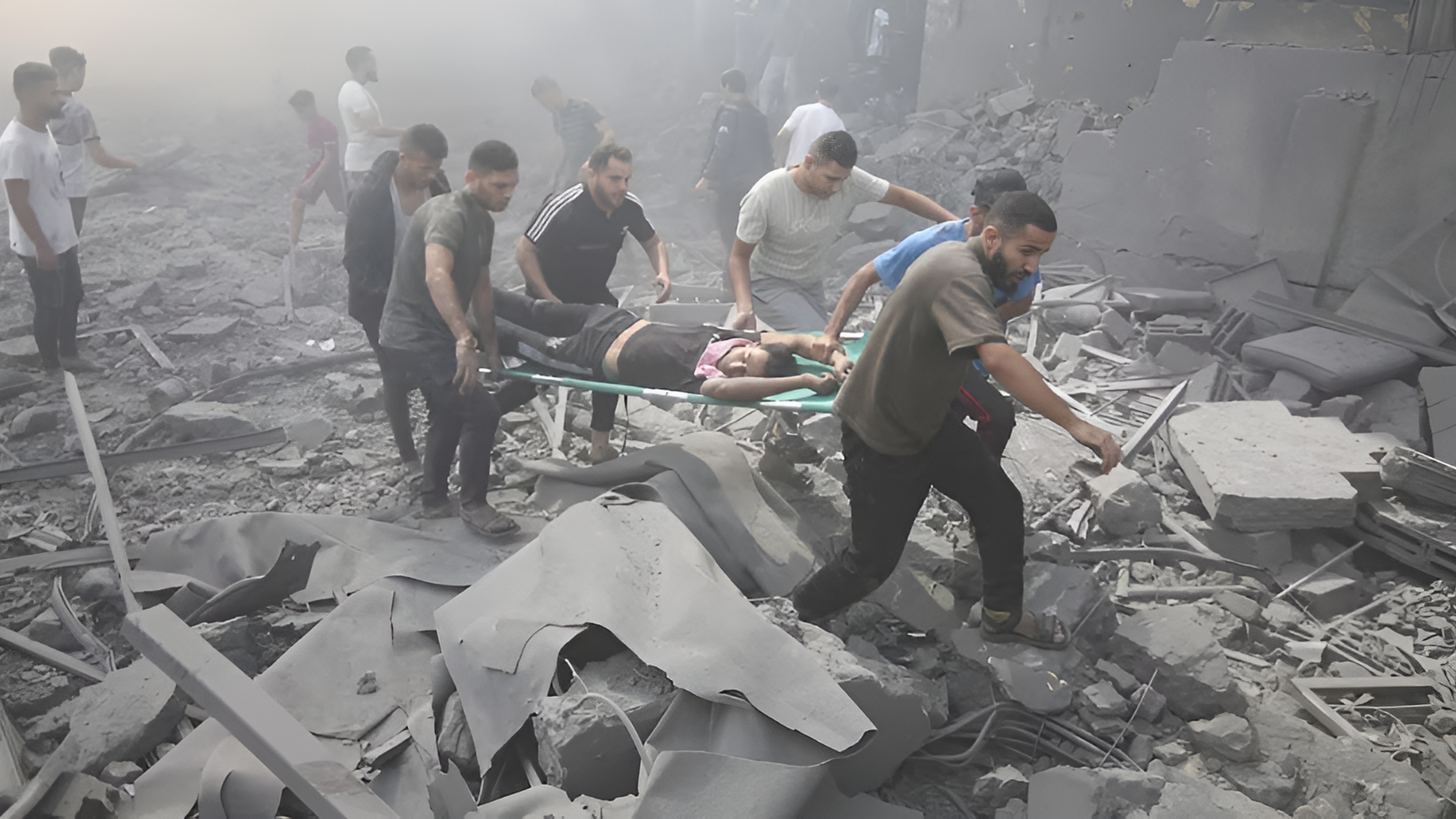In a recent surge of violence in the Gaza Strip, Israeli air strikes have targeted residential areas, resulting in casualties and exacerbating tensions in the region. The strikes, which hit three houses in the southern city of Rafah and two houses in Gaza City, have claimed the lives of at least 13 people, according to medics. Hamas-affiliated media outlets report a higher death toll of 15.
The strikes in Rafah, where a significant portion of the population seeks refuge from prolonged Israeli attacks, occurred just hours before anticipated talks between Egyptian mediators and Hamas leaders. The discussions aimed to explore the possibility of a ceasefire agreement with Israel, amidst ongoing conflict triggered by Hamas militants’ attack on Israel in early October.
The conflict, characterized by a significant loss of life and widespread displacement, underscores the deep-rooted animosity between Israel and Hamas, the latter controlling the Gaza Strip. Israel’s commitment to dismantling Hamas through military action has resulted in a staggering death toll, with over 34,000 Palestinians killed, including 66 in the past 24 hours alone, as reported by Gaza health authorities.
Efforts to broker a ceasefire have intensified, with mediators from Qatar and Egypt, supported by the United States, facilitating negotiations between Israel and Hamas. Recent proposals exchanged between the parties include considerations for a phased truce, involving the release of hostages and Palestinians held in Israeli jails, as well as a period of sustained calm leading to a potential permanent ceasefire.
As tensions escalate, a Hamas delegation led by Khalil Al-Hayya, the group’s deputy Gaza chief, is set to engage in talks with Qatari and Egyptian mediators in Cairo. The discussions will focus on clarifying Israel’s response to Hamas’ ceasefire proposal and addressing the movement’s inquiries regarding the terms laid out by Israeli authorities.
The volatile situation in Gaza underscores the urgent need for diplomatic intervention to prevent further loss of life and alleviate the suffering of civilians caught in the crossfire. As world leaders advocate for de-escalation and dialogue, the fate of millions hangs in the balance, awaiting a glimmer of hope for lasting peace in the region.

















